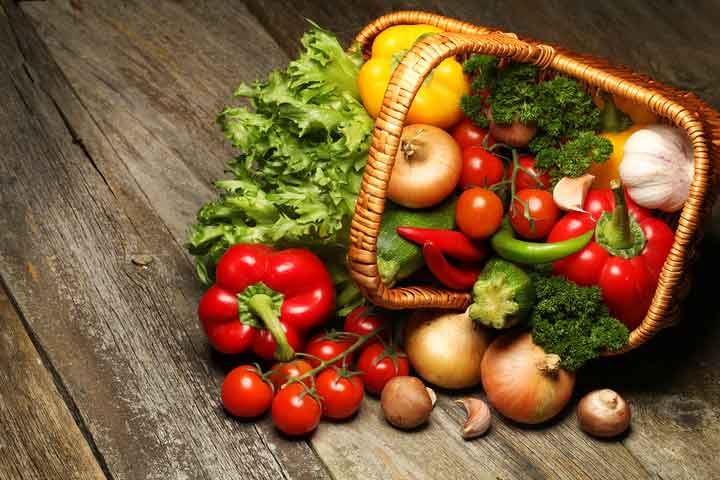When talking about organic foods, their value has always been in question. Humans have constantly debated this question: Are organic foods better or worse for humans? There are two strong and recent sides in this debate. One side claims they are better for humans because it has lower pesticide and chronic disease risk. The other side would take a full 180 reversal and argue that organic foods are actually a threat to humans because of contamination. Both sides are defensible, so which one has better proof? In the following article, the two sides will be discussed. Which side is right, but more importantly, which side will you choose?
Before digging deeper into the two sides, let’s bring this debate back to square one. What is organic food? What is the difference between organic and normal food? Here it is: Organic food is grown and processed without using synthetic chemicals. Regular food, on the other hand, is susceptible to chemicals such as pesticides in the business of growth, and synthetic chemicals in their processing.
The first side is the one that is more commonly known by society and the media; organic foods are better for humans. Evidence suggests that organic foods are healthier than regular foods because they have decreased pesticide residue and higher levels of antioxidants. These two factors potentially decrease the risk of chronic disease. Organic foods are not grown using pesticides, so those chemicals won’t find their way into our bodies. While organic keeps away these harmful chemicals, it simultaneously provides nutrients for our body. The higher antioxidants are simply higher nutrients. The fruits, vegetables, and grains are kept away from chemicals allowing them to keep their nutrients to be the most fulfilling.
Next comes the less common, but still valid, side: Organic foods are not healthier and better for humans because of risks like higher potential of contamination with natural toxins and bacteria, and it lacks constant nutritional advantages. When organic foods are farmed, they are not allowed to have the control molds or chemical inventions designed to keep harmful toxins and bacteria away, such as campylobacter, listeria monocyte genes. Sometimes, organic farmers use natural fertilizers in an attempt to compensate. The problem with these fertilizers is that they have higher nitrate levels, which are specifically bad for younger people. Additionally, nutrient levels of organic foods are said to be higher, but research has shown that in staples like eggs and milk, this is not the case.
Now that both sides have been explained, we come back to the major question. Are Organic foods better or worse for humans? The simple answer is that there is none. After explaining both sides, it can be concluded that both sides are valid, but they completely contradict each other. This question has been debated for a long time because, as far as we know, it’s impossible to completely disprove the other side. The debate comes down to weighing the risks and the gain. Do you care more about higher nutrients or the risk of bacteria? About chemicals or nitrate levels? Do you instead value qualitative factors? Based on values and opinions, society draws their own conclusions.
By reading this article you may not have a yes or no that you were looking for. What you should take away is the answer depends on you.
https://www.google.com/url?sa=i&url=https%3A%2F%2Fwww.researchdive.com%2Fblog%2F10-amazing-benefits-of-organic-food&psig=AOvVaw1faK9uW6T_Km9EMDAEpe4x&ust=1737134407275000&source=images&cd=vfe&opi=89978449&ved=0CBcQjhxqFwoTCKi3kI7g-ooDFQAAAAAdAAAAABAE





